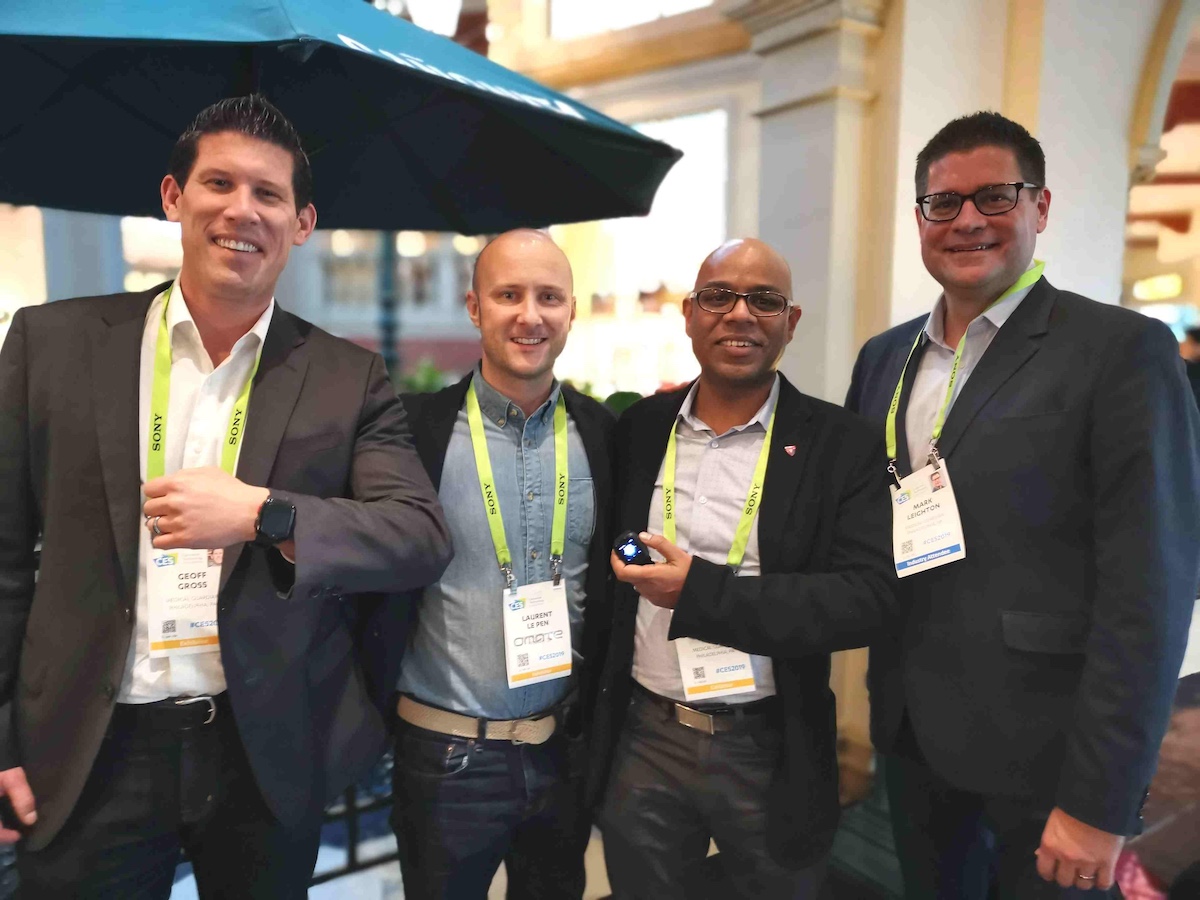Earlier this month, I had the pleasure of attending CES — “The Global Stage For Innovation” — in Las Vegas. It’s one of my favorite events every year, with thousands of innovators from around the world exhibiting new technologies, gadgets and food (yes, high-tech burgers are a thing!).
As a speaker and attendee, I had a first-look preview of what will hit the technology market in the coming year, as well as the chance learn about incredible tech trends that not only have the ability to change lives, but also save them.
I was amazed — and pleasantly surprised — to see more exhibitor booths relating to the senior and caregiving industries while walking around the Las Vegas Convention Center this year. But given that the senior market is one of the fastest growing consumer markets in the country, I suppose I shouldn’t have been all that surprised.
Caregiving: An American crisis
America is currently experiencing a national caregiving crisis. In addition to Baby Boomers being one of the largest generations in history, longer life expectancies, declining marital rates and smaller family sizes have put a strain on caregivers for older adults. In 2010, there were about seven potential caregivers for every person at risk over the age of 80 and by 2030 the projected ratio is expected to fall to four potential caregivers. And in 2050, it is anticipated to fall again to a 3-to-1 ratio.
The Pew Research Center reports that there are currently more than 40 million caregivers in the U.S. who are providing unpaid care to an adult over the age of 65. The emotional, financial and medical impact of being a family caregiver is taking its toll on Americans. Recent studies have found that 80 percent of employees who pull double duty as a caregiver for a loved one feel that their caregiving responsibilities have affected their productivity at work, and more than one-third of workers had to quit a job because of caregiving responsibilities. As a society, we simply have to do better.
How tech is impacting seniors and caregivers
Luckily, many of the companies that were present at CES this year are working on technology to help care for today’s rapidly aging society and assist in reducing the number of family caregiver roles. Much of the tech products also aim to reduce the caregiver’s round-the-clock stress and worry by helping to prevent caregiver burnout.
Here are some of the most innovative products I came across at CES that are tackling the caregiving crisis by reducing caregiver tasks and helping combat senior challenges:
Robot companions
Robots have become the next best alternative to a human and pet for companionship. Created by Zoetic, AI-powered pet robot Kiki is designed to offer friendship and company as it recognizes its owner through a camera in its nose. This emotional companion robot can even learn about its owner’s personality and adjust accordingly to make their owner feel in brighter spirits.
Smart home devices
One in four Americans aged 65+ falls each year. Having proper lighting plays a significant role in decreasing fall risk. C by GE was one of my favorite smart home devices unveiled this year. It’s a smart light switch that can be controlled with voice, away from home and through motion light sensing, which will help prevent falls at home.
Virtual caregiving
From humans to robots to now virtual humans, Addison Care is the world’s first virtual caregiver developed by Electronic Caregiver. As a voice-based virtual assistant with AI and augmented reality, Addison provides health and wellness support, real-time assessments and even a feeling of affection with her own unique personality. Could she be the solution to the caregiving crisis?
Virtual reality
Well-known in the gaming industry, VR is now being introduced to the senior demographic to help fight top aging challenges including loneliness, social isolation and mobility. Alcove, a virtual reality platform focused on family connection, allows seniors to virtually travel almost anywhere in the world, view and share family memories, and enjoy cognitive training games.
Wearable wellness devices
Track your health from the waist with the world’s first smart belt, WELT. Backed by Samsung, WELT has a health tracker inside the buckle to provide health analysis, track activity levels, measure waist size, record eating habits and more.
CES 2019 was one of the best yet, and I can’t wait to see what 2020 has in store for us!







